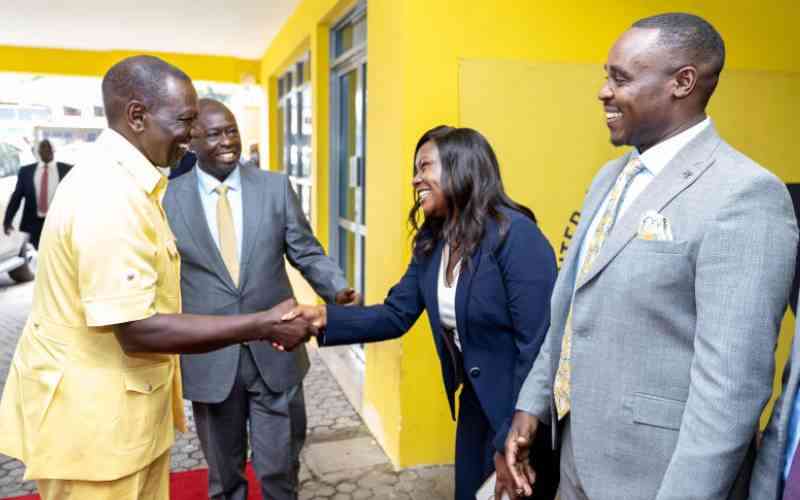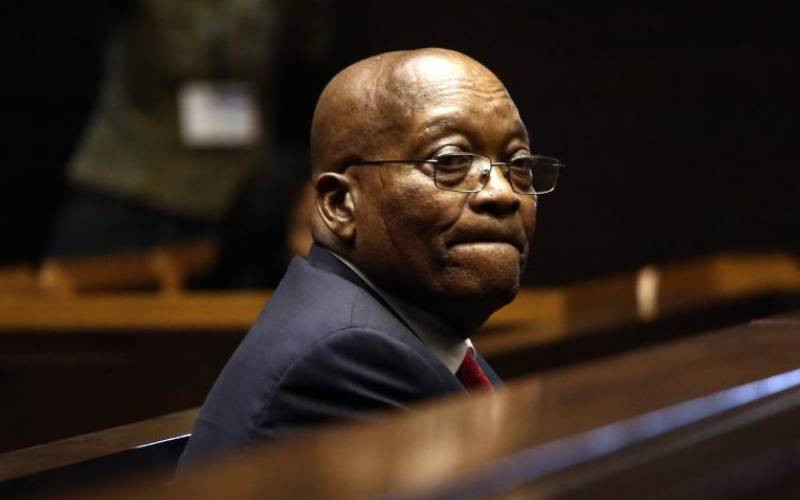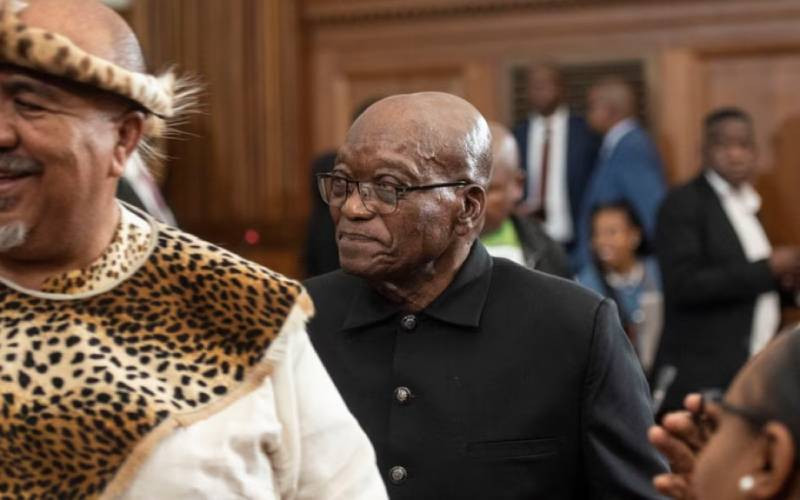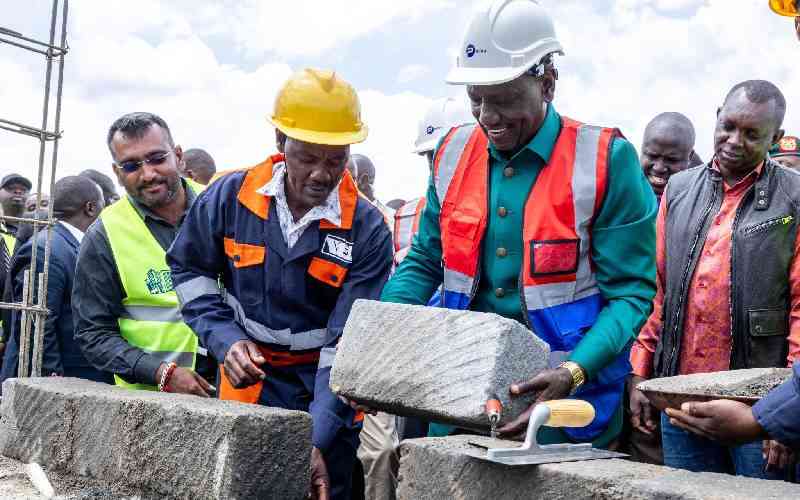Debate is raging at the Coast following renewed efforts by political leaders and professionals to pursue the elusive unity and a political party to be used as a bargaining chip ahead of the 2017 General Election.
With the involvement of professionals at the inaugural Coast political leaders consultative meeting at the Swahili beach hotel in South Coast, some analysts believe the pursuit for a common voice is within reach notwithstanding strong ideological, historical and class differences.
It has emerged that the the setting up of the Commonwealth of Coast counties has set the stage for turf wars as it was, apparently designed to rival a section of leaders agitation for the formation of a political party.
Governors from the six counties, 23 Members of Parliament and three Senators resolved that the Commonwealth of coast counties will be led by Mombasa Governor Hassan Ali Joho, a move that will pit him against Kilifi North MP Gideon Mung’aro, the face behind the push for the party.
Mr governor, appeared to have pulled a fast one on Mr Mung’aro who was listed as convener but did not attend the Kwale forum, by rallying the region’s leaders to ratify the conclave.
Mr Joho was endorsed by leaders including Mung’aro’s friends and all the governors.
“We want to come up with a strategy different from the past. That strategy should have one person who will lead the rest of us because we cannot all be leaders,” said Kilifi Governor Amason Kingi after the forum.
Mr Kingi said a political party was not a priority but “it will come automatically once the leaders come up with a common agenda” in what appeared to be a change of heart from his earlier opposition against the idea.
He however said that Coast leaders will elect one of them to unify the region a move that is likely to favor Joho.
“After the election of the leader we will open up secretariats across the region and begin a massive campaign to popularise our ideas. All these will depend on the availability of the finances,” said Kingi.
An MP who attended last Sunday’s closed plenary session said sharp differences played out forcing proponents and opponents of the political party to cede ground.
After the meeting, Joho declared that he does not rule out the formation of a political party saying that the first step should be to unify the region.
“The formation of a political party is not the issue here because as we were told the region has formed many political parties in the past and they are there. We want to unite out people and make sure that whatever we do benefits them. Once we achieve that unity then the party will come if that is what they will want,” said Joho after the meeting.
Leaders led by Lamu East MP Sharif Athman Ali insisted that the party was the only “vessel to push for the region’s interests at the national level.” Other leaders who rooted for the formation of the political party included William Kamoti (Rabai), Gunga Mwinga (Kaloleni), Mustafa Idd (Kilifi South), Khatib Mwashetani (Lunga Lunga), Aisha Jumwa (Kilifi), Andrew Mwadime (Mwatate).
Mung’aro is set to call a consultative forum of all Coast MPs next month to review the progress of the unity talks and a political party amid concerns for a captain to navigate the process.
Stay informed. Subscribe to our newsletter
Lamu county MP Shakilla Abdalla expressed fear that some politicians wanted to hijack the forum and use it for selfish political interests.
Kwale county MP Mrs Zainab Chidzuga, a close ally of Mr Mung’aro, said the Coast agenda being discussed currently was part of the ‘Dabaso Declaration’ made by Coast MPs in Kilifi county earlier this year and forming a political party.
Political analyst Ms Maimuna Mwidau commended the renewed efforts to bring political and professional minds together to chart a new course for the region but noted there were many challenges including tribal, religious and political ideologies which must be overcome.
Prof Abdulrazak Shaukat who was a key facilitator in the south Coast meeting said it was commendable that Coast elected leaders have put aside their political differences and decided to collectively fight for a common agenda for the region.
 The Standard Group Plc is a
multi-media organization with investments in media platforms spanning newspaper
print operations, television, radio broadcasting, digital and online services. The
Standard Group is recognized as a leading multi-media house in Kenya with a key
influence in matters of national and international interest.
The Standard Group Plc is a
multi-media organization with investments in media platforms spanning newspaper
print operations, television, radio broadcasting, digital and online services. The
Standard Group is recognized as a leading multi-media house in Kenya with a key
influence in matters of national and international interest.
 The Standard Group Plc is a
multi-media organization with investments in media platforms spanning newspaper
print operations, television, radio broadcasting, digital and online services. The
Standard Group is recognized as a leading multi-media house in Kenya with a key
influence in matters of national and international interest.
The Standard Group Plc is a
multi-media organization with investments in media platforms spanning newspaper
print operations, television, radio broadcasting, digital and online services. The
Standard Group is recognized as a leading multi-media house in Kenya with a key
influence in matters of national and international interest.








